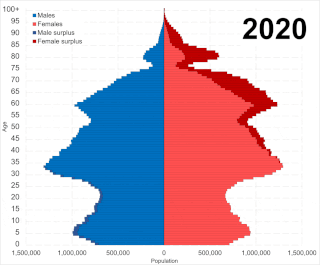
Since the beginning of the 1990s, social and demographic changes in the Russian Federation, stemming from under the Soviet Union, led the country towards an aging population, often described in media as a "demographic crisis".

Alexander Nikolayevich Samokhvalov was a Soviet Russian painter, watercolorist, graphic artist, illustrator, art teacher and Honored Arts Worker of the RSFSR, who lived and worked in Leningrad. He was a member of the Leningrad branch of Union of Artists of Russian Federation, and was regarded as one of the founders and brightest representatives of the Leningrad school of painting, most famous for his genre and portrait painting.
German Pavlovich Yegoshin was a Russian and Soviet painter and art educator, an Honored Artist of the Russian Federation, who lived and worked in Saint Petersburg. He was a member of the Leningrad Union of Soviet Artists, and was regarded as one of the representatives of the Leningrad School of Painting.
Anatoli Pavlovich Levitin was a Soviet Russian painter and art educator, People's Artist of the Russian Federation, a member of the Saint Petersburg Union of Artists, who lived and worked in Saint Petersburg and Krasnoyarsk, regarded as one of representatives of the Leningrad school of painting, most famous for his genre and portrait paintings.
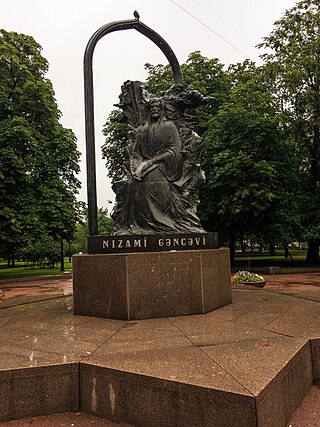
The Monument to Nizami Ganjavi in Saint Petersburg is located in a square situated between houses 25 and 27 on Kamennoostrovsky Prospekt.
Armenian folk music is a genre of Armenian music. It usually uses the duduk, the kemenche, and the oud. It is very similar to folk music in the Caucasus and shares many similar songs and traditions with countries around Armenia, namely Georgia and Azerbaijan.
"Vo Kuznitse" is a popular Russian folk song.
Valery Semenovich Durov is a Russian antiquarian, philologist, and academic. From 1992 until 2013, he was head of the Department of Classical Philology at St. Petersburg State University.
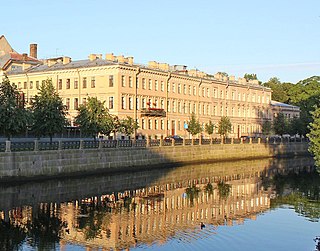
The Musin-Pushkin House is an historic building in Saint Petersburg, located at number 104 on the Moyka River Embankment. It is also known as "A. I. Musin-Pushkin's House", and was built during the 18th and 19th centuries. The building's present appearance dates from 1848.

Marina Vladimirovna Devyatova is a Russian singer and interpreter of Russian traditional music. She was a finalist of the third edition of Narodni Artist, the Russian equivalent of American Idol.

Vladimir Schneider is a Russian historian, Doctor of Historical Sciences. He is the author of more than 150 scientific works, among which 7 monographs. He is a professor in the department of universal and national history of Armavir State Pedagogical University. Worked as dean of the history department of ASPU from 1999 to 2011. The main directions of scientific work: the socio-cultural aspect of the history of the peoples of the North Caucasus; Soviet national policy in the North Caucasus of 1917 - the end of the 1950s; the history of the deportations, the stay at the special settlement and the rehabilitation of the North Caucasian peoples; historical and cultural integration processes in the North Caucasus; the history of the German diaspora in the Kuban; historical research methodology issues.
InterMedia, is Russia's international media news agency, which is specializing in news of music, cinema, theater and the life of stars. The agency publishes a daily and round-the-clock news feed, publishes music charts of Russian Federation, and also publishes the Russian Music Yearbook. The music market research department of thefirm conducts continuous monitoring and marketing research of the music industry.
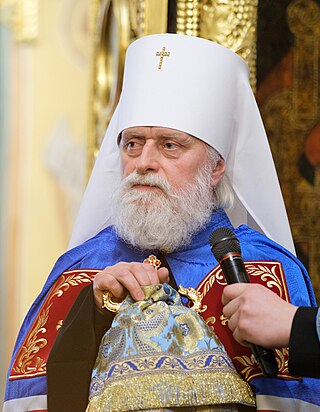
Metropolitan Eugene is a bishop of the Russian Orthodox Church, Metropolitan of Tallinn and All Estonia and primate of the Estonian Orthodox Church of the Moscow Patriarchate, former rector of Moscow Theological Academy (1995–2018) and Chairman of the Educational Committee of the Holy Synod (1994–2018). After on January 18, 2024, Estonia announced that it would not renew Reshetnikov's residence permit Reshetnikov left Estonian on February 6, 2024. His residence permit was evoked because he was assessed to be a security risk due to his justification of Russia’s invasion of Ukraine and his defense of the Russian government.

The Russian National Music Award, also known as Russian Music Award, or Victoria Award is a music award, established in 2015 by the Academy of Russian Music, to recognise the talent and achievements in the Russian popular and classical music scene.
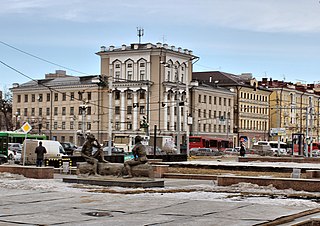
The Institute of International Relations is one of the institutes at Kazan Federal University. Its history began with the founding of Kazan Imperial University in 1804. The institute was renamed on September 1, 2018. From 2013 it was called the Institute of International Relations, History and Oriental Studies.
Sleep is a short story by Victor Pelevin, published in 1991. It was translated into English by Andrew Bromfield in 1998.
Kreger’s Revelation is a short story by Victor Pelevin, published in 1991.
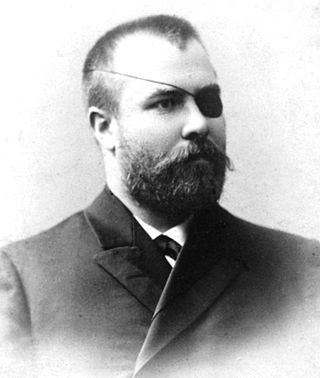
Matvey Kuzmich Lyubavsky was a Russian and Soviet historian, professor, academic and rector of the Moscow University from 1911 to 1917.
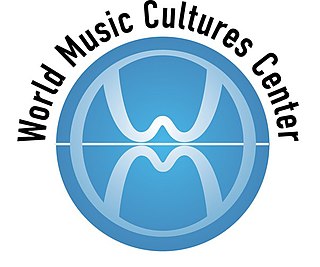
World Music Cultures Center is a scientific and creative center at the Moscow State Conservatory, which conducts scientific, informational, organizational, concert, festival and educational activities. The scientific and creative center organizes festivals and conducts master classes with famous performers of traditional music from around the world.










